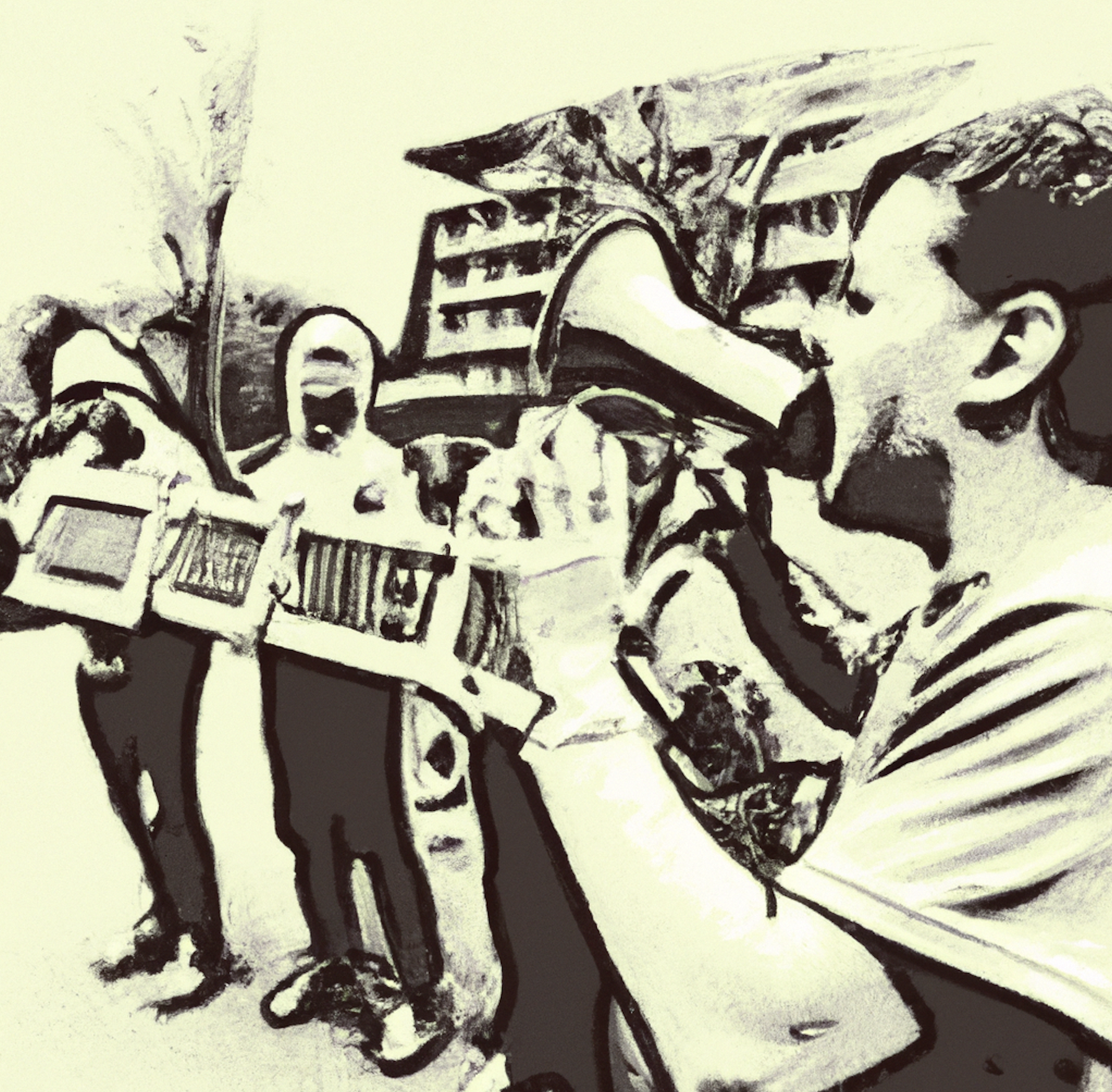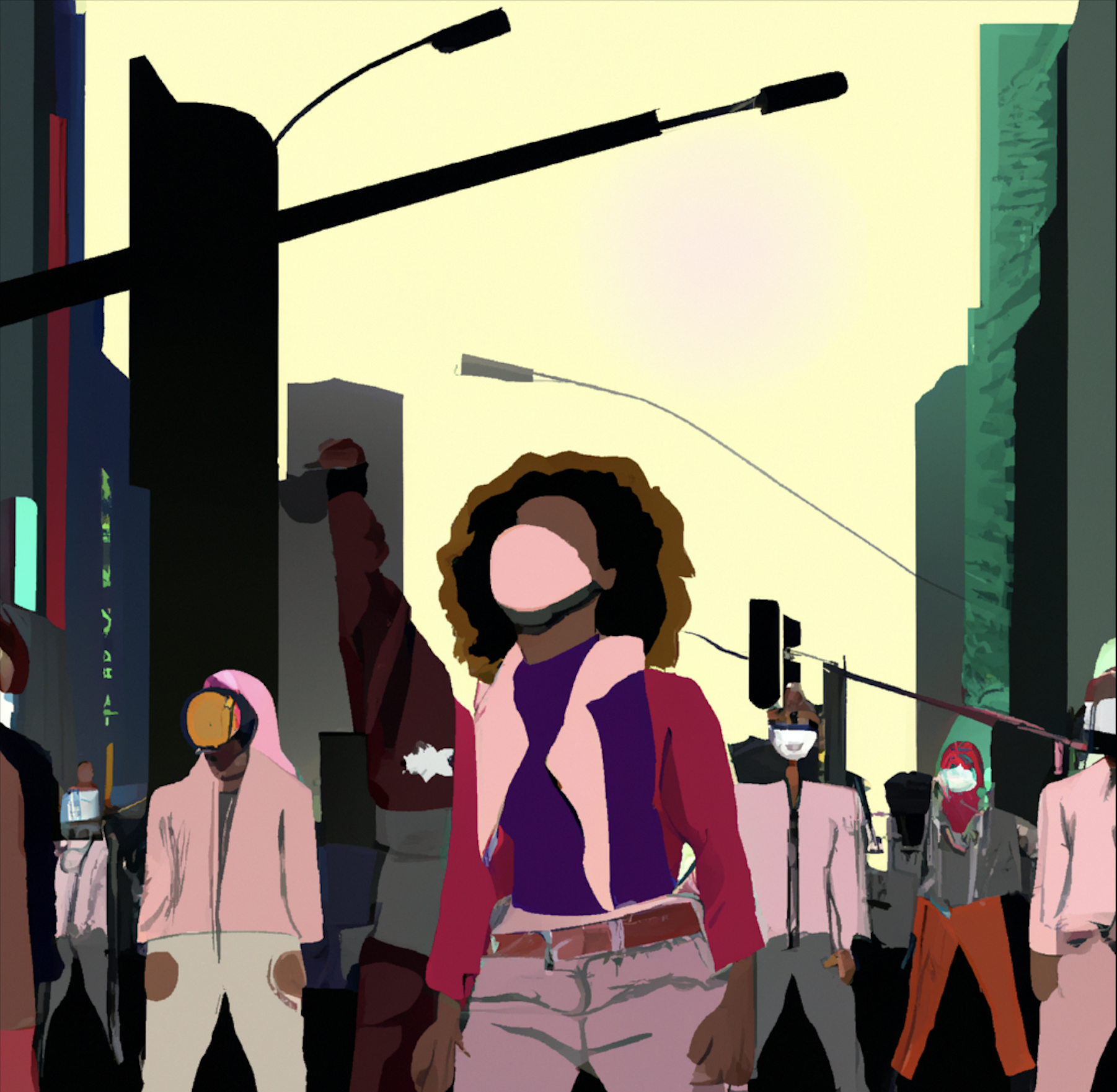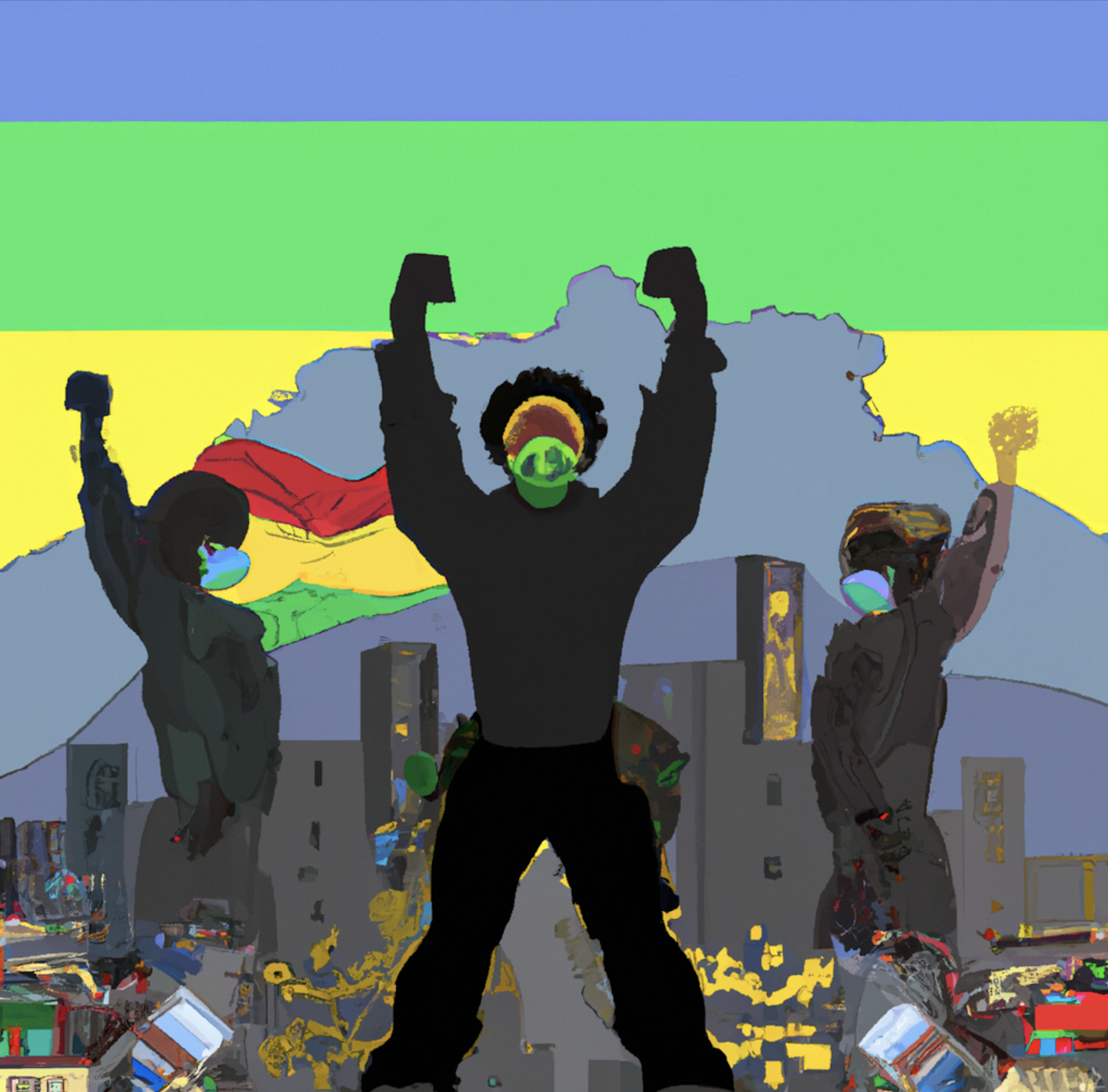London riots symptomatic of serious socio-economic problems in Britain, but lets hold judgment on the rioters
Agreed:
“However, the tendency to read today’s riots as though they were anachronistic echoes of the struggles of the previous generation is misguided, and unwittingly downplays the level of social problems currently faced by sections of the British working class.”
But what?
“It is a brave member of the far left community that finds fault with the forms that working class action assumes.”
Why, should I be more afraid of poor people than police? Or should I fear neither and think for myself?
Agreed:
“the potential absence of productively applied class solidarity is an aspect of the recent riots that requires careful attention” BUT NOT because I am concerned as he is with the need for “their momentum is to be maintained.”
He calls rioting a “weapon of resistance.” May be exilarating, but is that good?
He says “Breaking a window can shatter the abstract yet profoundly more durable edifices of hegemony, and it is my impression that this is exactly what must have occurred in the consciousness of many thousands of young people who unexpectedly found themselves embroiled in this week’s riots.” and I say… really??? You think they are concerned about hegemony? This suggests a total misinterpretation of the word hegemony. Hegemony is power with support from the citizenry. And this kind of violence, and especially attacks on real working class communities with small businesses – is no way to break hegemony; indeed, it is more likely to push the general public into conservative arms..!! giving them yet stronger hegemonic control.
Also – riots may be important expressions for communities who suffer, and they may help them to feel empowered and even to drive back the police / opposition – when they have a political goal; but, the homogenousness of the group means it certainly is not “the community” rising up. And therefore, cannot be seen as some kind of unified peoples’ movement.
What he calls his “impression” – that this political intellectual idea is in the minds of the rioters – he then says, he “hopes” will not leave their minds, and that they “know with absolute certainty that they have the power to more fully confront the state if they so wish.” But is this really confronting the state? Or is it playing into the hands of the state?
“However, my qualification is that this will only be possible if they do not first use the weapons of rioting and looting to unwittingly harm themselves instead.” … as opposed to using rioting and looting to harm others? Who? Is this ever an intelligent way to protest? Through violence and consumerism?
NO. This is too much:
“The events of the past week have seen the fury and the sheer power of the young British working class turned against the world in a manner that is nothing short of spectacular.” (!!!!) and “It is now known without question that the teenagers of London are angry, fearless, committed and ingenious.” … slightly romanticising??
This is ridiculous: “Whatever the parameters of their struggle, they have been seen to fight where so many left wing activists have failed or stalled.”
He goes on.. “Their potential it seems to me is incredible, and must surely now be considered the most important resource to be counted in any radical political activity in the city.” He is so excited by it all; It is really quite sad.
He says “this potential has not been tapped as effectively as it might have been.” – implying that the anger of these young teenagers should be tapped? by someone, strategically? for political aims it is not even clear they understand let alone share.
This is very contradictory, and again over-romantic: “The rioters have spoken, and they have spoken loudly, but the sound of their voice may yet be drowned out by the complaints of working class people that have been victim of assault and theft over the previous days.”
And then he makes this totally unsupported assertion: “They may also be drowned out by those voices which wonder why in these riots we have witnessed a focus on looting that has no significant parallel in British history.” Objectively, it is clear to this author that the widespread and often reasonably systematic looting of shops is a consequence of a wider culture of commodity fetishism.” He may be right, but what is this “objective” and “clear” assertion based on?
I find this quite disgusting: “it is evident that the far left has failed to productively engage with large sections of the city’s working class youth, who it is now apparent may have the greatest amount of revolutionary potential.” Both self-flagellation, and romantic adoration for people he knows nothing about, and suggesting we have not be efficiently “using” them for our political aims. What??! And sorry, but is it news that the underdogs or poorest people in society have the most “revolutionary potential”…? Not really. But the point is, they are not “working class.” They are unemployed and imprisoned class. There is a BIG difference which is being ignored, maybe we need Veblen to understand why…
(focus on the role of tacit knowledge, social knowledge, craft / trade culture, mentoring relationships between apprentices and team mates, etc; productive power and political organisation… all of which is missing from these people…!)
Agreed: “the Arab Uprisings of this year teach us that it is the solidarity and social consciousness of mass movements which make revolutionary change, not the looting of one’s neighbourhood.”
And yes sort of agreed: “If the spark of the London riots is to become a flame of national change, it is up to us on the far left to now reach out to London’s rioters, to help turn the type of consciousness which harms itself into the type which truly confronts it antagonists.”
I am a bit concerned though about the romanticising of the looters, endowing them with class consciousness or far left values I have seen no evidence that they have. I am not closed minded to the prospect, but I am also aware having worked in “working class jobs” with “working class people” – that their political opinions are not necessarily as aligned with their economic status as you would hope. I actually suspect that a lot of the rioters and looters have never worked, so I am also not sure about the relevance of the term “working class” in our contemporary context.. Especially as they targeted small businesses in poor and ethnic areas (e.g. they targeted people you could really call working class). I suspect there is much anger associated with broken families and communities, living in poor neighbourhoods with no role models, no social support, opportunity etc. But I am not sure whether it goes beyond anger, and the desire for status, of which aquiring goods / looting is part. Either way, it is hard to make assertions about the class / political-left consciousness of the rioters without at least interviewing a bunch of them / providing some evidence to support this.
Generally I agree with his article though, in that, the riots are political (even if they are not a class conscious or self-proclaimed bunch of lefties) and that they should be reached out to.
But I am a little concerned that it is very easy for those on the other side of the political spectrum to use any statements that seem to romanticise the looters (who may or may not have any political consciousness, even if they all have anger) – to target / attack those who would make such statements (inc CITY). I just thought that generally, it is a good article, but it would be quite easy for someone with different political views to heavily criticise. I would be more careful about calling them Left, or asserting that they are some kind of working class movement, etc.





